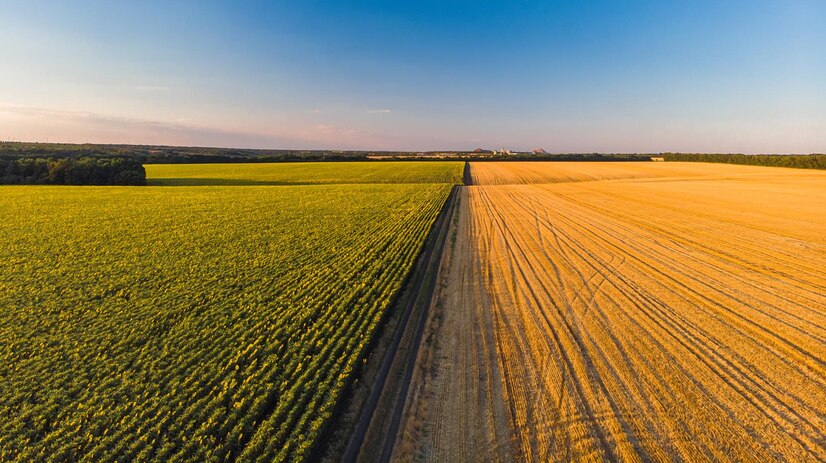The agricultural sector in South Africa is undergoing a digital revolution, with big data playing a crucial role in improving farm productivity and sustainability. As farmers face challenges such as climate change, water scarcity, and rising input costs, data-driven solutions are helping them make smarter decisions to boost crop yields and profitability.
Understanding Big Data in Agriculture
Big data in agriculture refers to the collection, analysis, and application of large sets of information from various sources, including weather patterns, soil conditions, crop health, and market trends. By using technologies such as sensors, satellite imaging, drones, and artificial intelligence (AI), farmers can gain valuable insights to optimize every aspect of farming.
How Big Data is Transforming Farming in South Africa
- Precision Farming and Resource Optimization
Big data enables farmers to practice precision agriculture, which involves using real-time information to manage crops with pinpoint accuracy. By analyzing soil moisture levels, nutrient content, and plant health, farmers can apply fertilizers, water, and pesticides only where they are needed. This minimizes waste and maximizes yields. - Weather Forecasting and Climate Adaptation
Unpredictable weather is one of the biggest challenges for South African farmers. Big data analytics use historical climate data and real-time weather tracking to provide accurate forecasts. This helps farmers plan planting and harvesting schedules, reduce losses from droughts or floods, and choose crops best suited for changing conditions. - Early Disease and Pest Detection
AI-powered big data platforms analyze images from drones and satellite sensors to detect early signs of crop diseases and pest infestations. By identifying problems before they spread, farmers can take timely action, reducing crop losses and minimizing pesticide use. - Market Intelligence and Price Prediction
Big data helps farmers make informed decisions about when and where to sell their produce by analyzing market demand, price fluctuations, and consumer trends. This ensures better profitability and reduces post-harvest losses caused by oversupply. - Livestock Management and Productivity
In addition to crops, big data is improving livestock farming. Smart sensors and tracking devices monitor animal health, feeding patterns, and movement, allowing farmers to detect diseases early and optimize breeding and feeding strategies for maximum productivity.
Challenges and Future Prospects
Despite its benefits, the adoption of big data in South African farming faces challenges such as high implementation costs, lack of digital literacy among small-scale farmers, and limited internet access in rural areas. However, government programs, agritech startups, and partnerships with research institutions are working to make big data more accessible to all farmers.
As South Africa embraces the digital age, big data is set to play an even greater role in transforming agriculture. By leveraging data-driven insights, farmers can increase yields, improve sustainability, and ensure food security for future generations.
Join 'Farmers Mag' WhatsApp Channel
Get the latest Farming news and tips delivered straight to your WhatsApp
CLICK HERE TO JOIN






